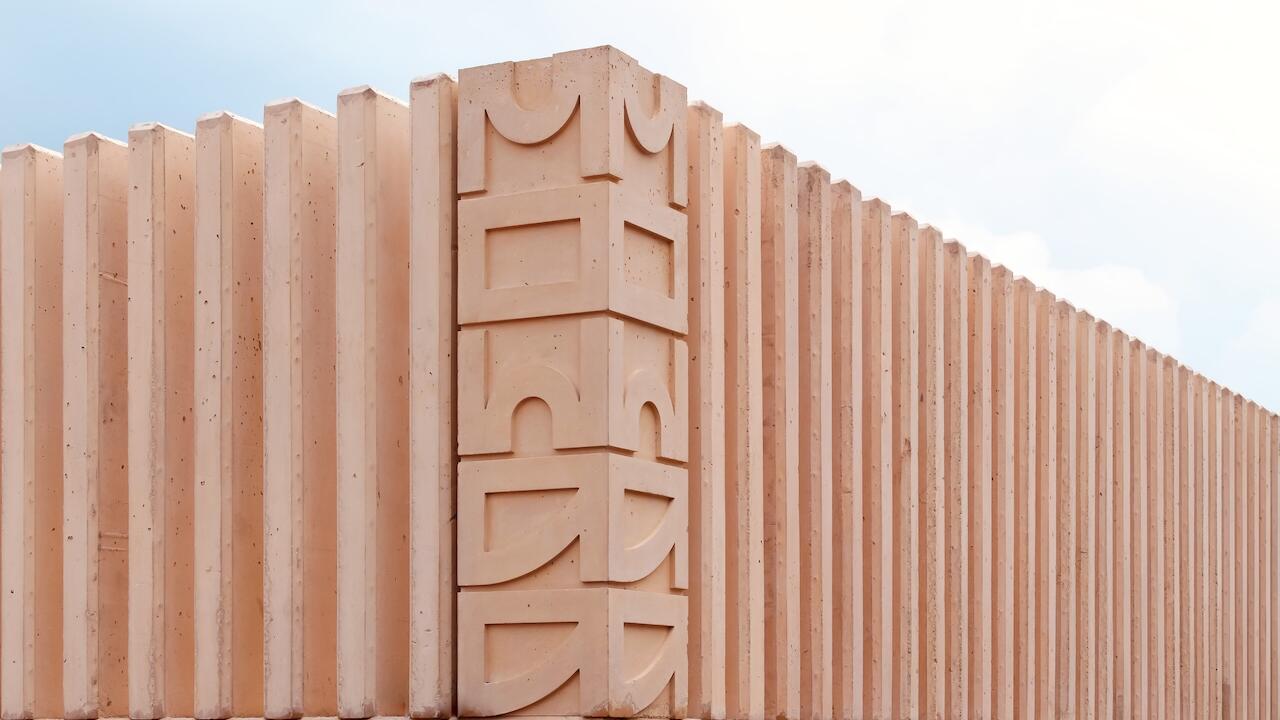Fort
Galerie Crone
Galerie Crone

So this is what the ‘Anschlussverwendung’ looks like … This term is usually associated with career transitions from military to civilian life. Yet Philipp Rösler, the chairman of Germany’s neo-liberal party, used this cynical term when advising the employees of the bankrupt Schlecker drugstore chain to find new jobs. For their installation Leck (Leak, 2012), the artists’ collective FORT took this concept literally, dismantling the interior of a former Schlecker outlet and rebuilding it in the gallery in slightly modified form: cold metal partitions, empty shelves, empty label holders, empty shopping trolleys, a cash register whose conveyor belt performed its duty with futile obstinacy. The till receipt read ‘Powerfail’.
Most visitors to the show probably didn’t need the press release to recognize this neon-bleached skeleton set-up as an embodiment of Schlecker’s corporate identity. But this information was essential: the way the drugstore’s bankruptcy unfolded, the way politicians reacted, the rather fortunate private financial status of the Schlecker family, the fate of their mainly female employees, the war of nerves over attempts to save or sell the company, not to mention earlier disputes with industrial tribunals – all of this constituted a necessary back story to the exhibition.
The Schlecker system is presented here as the epitome and culmination of an attitude within business, politics and society at large that treats economic processes as if they were autonomous, unstoppable, uncontrollable, quasi-natural phenomena. Standing in front of the installation was like surveying the aftermath of a natural disaster, as if the products on the shelves had been swept clean by a tidal wave, earthquake or tornado. As if the total absence of human traces were a matter of force majeure. As if there had not been, at any time, any way to act, intervene, take responsibility or make decisions. The empty Schlecker outlet revealed the naked, seemingly unassailable basic framework of an economy that presents itself – once the façade of commodities and consumerism is cleared away – in all its nastiness and lack of compassion.
As a consequence, the brutality of this installation is far more revealing than Thomas Demand’s photographs of a cardboard replica of a Schlecker store, with some of the shelves still containing vestiges of stock (Filiale, Branch, 2012). The bright dabs of colour and the benignly malleable material of Demand’s models cannot replicate the sadness of the media images, nor that of the reality. Leck appears so striking as the result of an economic force of nature because it lacks the staging and dramatization seen in other works by the collective. There is no choreographing of work processes, as in FHW – Fort Hatchery Works (2010); there is no assembly of spaces using displaced props and components, as in Hotel Marienbad (2008). Adding anything to this self-portrait of neo-liberalism would risk falsifying, kitschifying, sentimentalizing. What’s there is quite enough. Recontextualization may be a well-worn artistic technique, but in Leck it displays its full potential once again.
Translated by Nicholas Grindell













